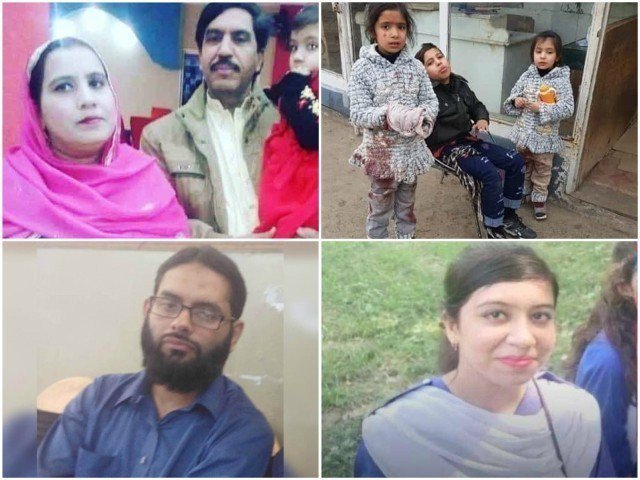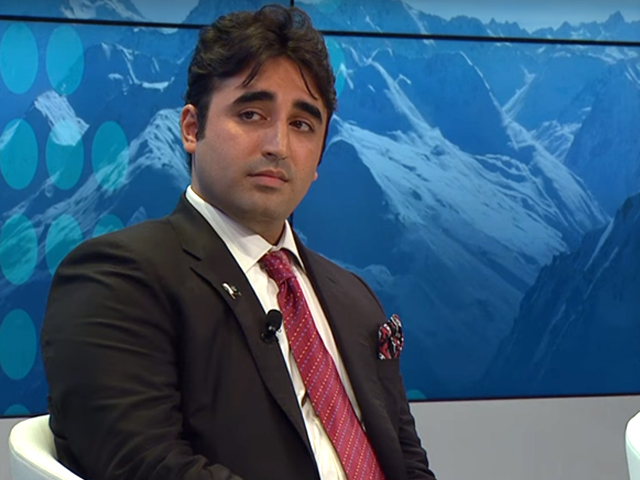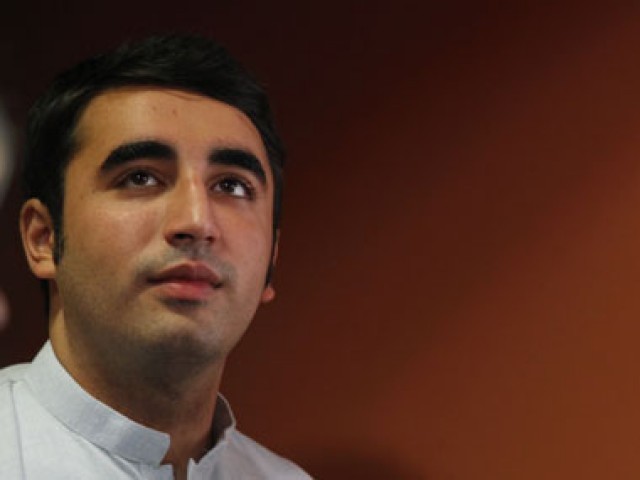
The Sahiwal incident is the latest example where we saw journalists frisk around the ill-fated victims already targeted by the CTD. PHOTO: EXPRESS/FILE
From APS to Sahiwal: Does Pakistani media have an empathy problem?
Police’s blatant disregard for innocent human life is proportionate to media’s lack of empathy for personal...
Humans are not naturally empathetic creatures – a primary reason behind cataclysmic wars, the rise in extra-judicial killings, as well as the growing hostility towards people escaping calamities. As the world spirals into chaos, the ability to consciously acknowledge the condition of individuals undergoing distress and mentally processing their misery has nearly vanished. But then again, did such an ability exist to begin with?
There is a silent conflict between those struck by a persisting crisis and those privileged enough to smoothly slither their way out of it unscathed. Humans are prone to living completely autonomous lives, but it seems that outside genetically established and social relationships, it is difficult to sense or even understand a particular individual’s suffering as our own. This is probably because both are mutually exclusive, which pretty much explains the emotional void that exists between a journalist and the victim of a tragedy.
Tragic incidents in Pakistan – once a constant in our lives but now thankfully sporadic occurrences – have nevertheless reduced the affinity people used to share with each other. There is concern but no compassion, and outrage but for a limited time; Pakistanis have become inadvertently ignorant towards people directly affected by state ineptness, and have gradually lost interest in the coverage of events that become a part of an inconclusive hysteria. The latter is the reason why our mourning process is brief, for when the lamenting comes to a halt is when emotional exploitation begins. When the viewers have exhausted their own fuel to grieve is when news outlets, that want as much viewership as possible, try to revive the burned out energy. Subsequently, distorted narratives are fed, headlines are sensationalised and tributes are written to rekindle depleted sentiments.
It is not the nature of the tragedy itself or being accustomed to bad news that has made Pakistanis less considerate towards other people’s misfortunes. No, the absence of empathy is due to the normalisation of such media coverage. It seems that misconduct or malpractices, no matter how serious they are, have become a competing hotspot for Pakistani news channels. The hype alone is enough to cause an adrenaline rush that often morphs into street protests, but that very incessant coverage of fatal violence simultaneously decreases our energy and exhausts our brain to the point after which we are no longer willing to aid others in their times of crisis.
The Sahiwal incident is the latest example where we saw journalists frisk around the ill-fated victims already targeted by the Counter Terrorism Department (CTD), a major elite security force. Interestingly, the police’s blatant disregard for innocent human life is proportionate to the media’s lack of consideration for personal tragedy. The devastated survivors seemingly escaped from one commotion just to be surrounded by another.
Still shocked at seeing the traumatized children who saw their parents shot before their eyes. Any parent would be shocked as they would think of their own children in such a traumatic situation. These children will now be fully looked after by the state as its responsibility.
— Imran Khan (@ImranKhanPTI) January 20, 2019
One of the children who survived the attack spoke to the press through the piercing pain from the bullet wound he incurred during the fake encounter. The child was broken, but resilient. However, being a key witness, he remained in the limelight for three straight days. Sadly, his inquisition did not end at the dispensary, as reporters pursued him all the way home.
An #ARY reporter, Arif Hameed Bhatti, incessantly hounds a minor in a Live interview, whose parents were killed in the #sahiwal encounter with the #CTD until she is forced to admit that her father has passed away. pic.twitter.com/gUwJWNrNwR
— Social Oxygen (@social_o2) January 24, 2019
There is no doubt that the media is the only source and it is through it that the concerns of the citizens are transported to the state. However, the efforts put by local media to vitalise public matters have made it lose its credibility, for in its attempt the media reduces impact by overlooking various aspects of a particular tragedy. Not only does this include violence and death but also the sentiments of people on the receiving end. The vulnerability of individuals exposed to intense scrutiny might increase, while the disturbance of the coverage might add to the already rattled lives of the survivors and their loved ones.
This is not the first time we have seen a grief stricken family become the target of unethical behaviour. The heinous attack on the Army Public School (APS) in Peshawar, which killed 132 children, has left a deep dent in the much appraised security and governmental plan to eradicate militancy within our borders.
Meanwhile, ‘anguished’ by the sight of small wooden caskets, the media’s display of presumed sorrow took the form of dramatic tributes. The heartfelt eulogies accompanied by impassioned orchestral music were seemingly more mentally tormenting for viewers than reading and hearing actual accounts of APS survivors. If the images of dead children in school uniforms showered with bullets were not excruciating enough for parents, they were compelled to give repetitive responses to callous questions repeatedly hurled at them by journalists – questions that could jog painful memories and prompt suppressed emotions. The aim of the media is to create pressure on the at times inert state to take action, and perhaps to also rehabilitate a distraught nation from its current state, but it will be unfair to say that these are the only goals the media hopes to achieve.
During interviews, family members of the deceased are forced to take on an emotionally driven yet empathy-deprived voyage. If they have braved their way through it before, it is likely they will eventually break down during their conversation with journalists. Not only are the questions difficult to swallow, the atmosphere created is claustrophobic and intense, making the already traumatised interviewee further anxious and uncomfortable. But for journalists, struggling and emotional individuals are something they can capitalise upon, for their perturbation provides a much needed boost in ratings.
While the young and beleaguered Umair, the survivor of the Sahiwal incident, was being chased by the press, his sisters became the centre of ceaseless commiseration. As touching as the sympathies were, they nevertheless invited interpretations that embellished the survivors’ conditions – many were reading into the facial expressions of the recently orphaned sisters, assuming they were too traumatised to even grieve their dead parents.
In my opinion, despite witnessing an unfortunate incident, the girls were fortunate in that they were not mature enough to comprehend the situation. Even if the commentaries hold some relevance to reality, the children might have vague images of the terrible event in their minds, which is why it is better to not further stretch their limited memory and make them relive their trauma, further impacting them psychologically.
Beside ranting, raving, condemning and paying unwanted visits at the homes of bereaved families, the information gathered rarely becomes a canvas for analysis and elaboration. One of the most popular forms of discussion are the clamorous talk shows – an exchange of expertise which might sound impressive but is deprived of analytical perspective and is inconclusive. Given the intensity of some national disasters, the tributes being paid not only seem inappropriate but highly irrational, which reminds me of the day anchors from a private TV channel wore school uniforms in ‘solidarity’ with APS victims. That was, perhaps, one of the worst tributes paid to students who were literally killed at point-blank range in their school.
In comparison, international media has been more ethical in its coverage of local affairs. For instance, although the American media has been quite explicit in its reportage of international news, particularly in displaying graphic images of dead refugee children and persecuted prisoners of war, it is careful to not splatter pictures of fellow Americans who fall prey to gun wielding white supremacists on live television. Such censorship means that the US media perhaps wants to preserve the sanctity of dead Americans, protect the privacy of afflicted families or conceal the ills of its own society. Whatever the reason, it does not make the state’s nightmare a nightmare for its own people as well.
While we are no strangers to crime, some truly gruesome events have lost their impact because of the manner in which they have been reported. There are times when one does not have to be in another person’s shoes to understand their tribulation – our morals are enough to guide our behaviour. Ignoring our instincts for the sake of our profession means violating the ethical code of conduct, especially if it means invading the wounded party’s privacy and not giving them the necessary period of seclusion to recover from their trauma.
Although most journalists strive to acquire first-hand accounts of survivors before they possibly get polluted or altered by either powerful entities or their own memories, in the process journalists become unapologetically cold towards victims and survivors. It is hard to tell whether the Pakistani media will amend the manner in which it covers the adversities that strike the country, but it does seem unlikely for this to happen anytime soon, as it is this unethical behaviour and not morality that runs the local media and news industry.




COMMENTS (2)
Comments are moderated and generally will be posted if they are on-topic and not abusive.
For more information, please see our Comments FAQ